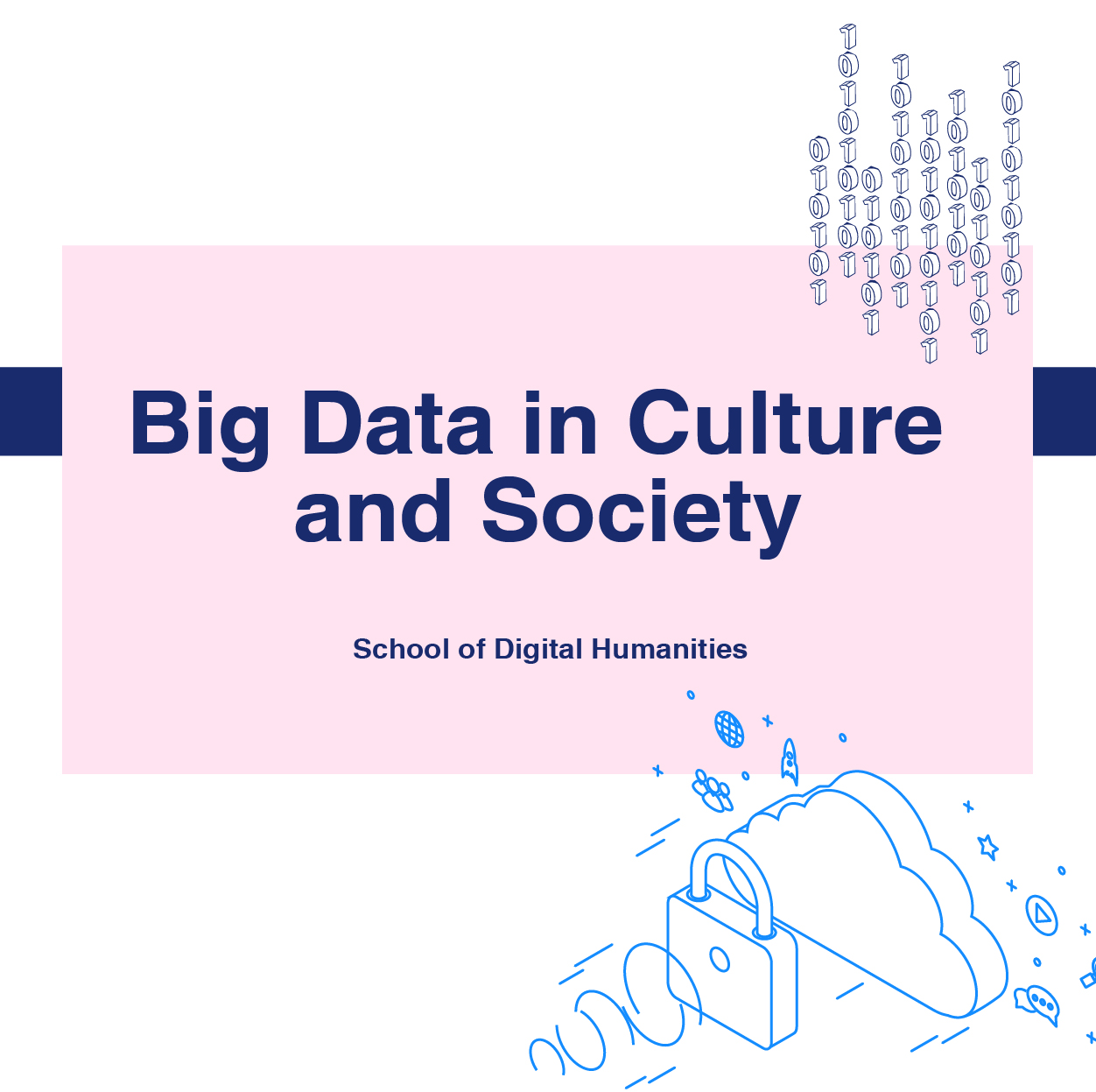
Big Data in Culture and Society
About the Program:
In this program, students will have the opportunity to develop and understand the various aspects of big data and its applications in culture and society.
The program aims to equip students with the knowledge and skills necessary to analyze big data and use it to understand social and cultural phenomena.
Students will learn how to employ advanced analytical techniques and programming tools to extract valuable insights from large datasets, and apply this knowledge in diverse fields such as social research, marketing, and public policy.
Mission of the Program:
Prepare highly skilled and competent graduates in the field of big data in culture and society, capable of analyzing and interpreting data to understand cultural and social phenomena. We aim to develop creative and innovative graduates who can use modern data analysis techniques and tools to address societal challenges, enhancing the interaction between technology and culture through research and practical projects.

